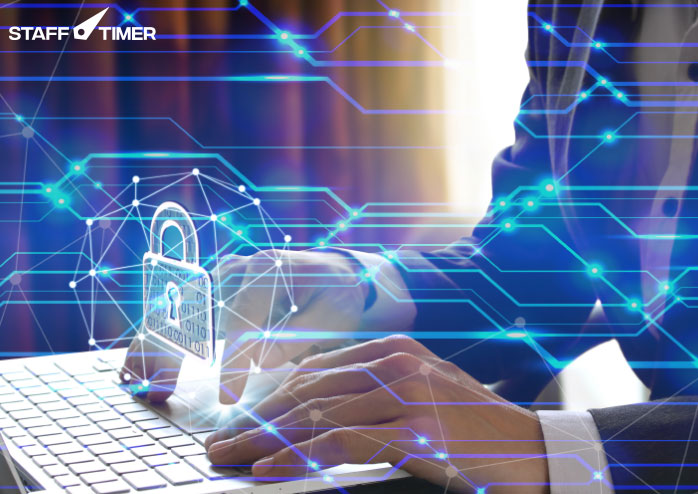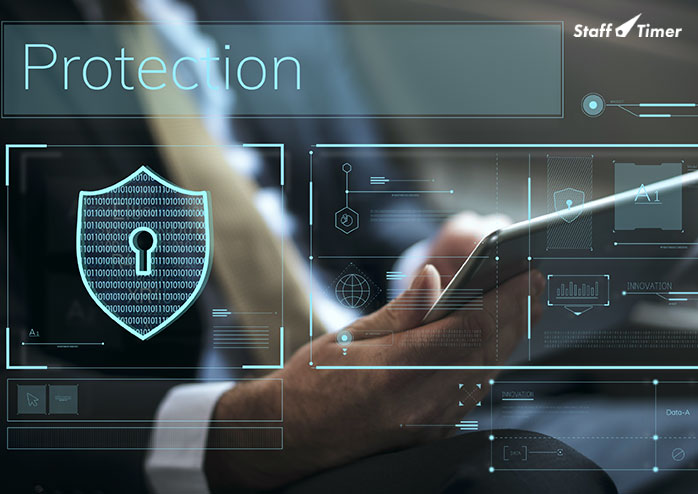Employee Monitoring Software: How it Benefits Data Privacy
Employee Monitoring Software: How it Benefits Data Privacy
Nowadays, data is considered as a more valuable resource than oil. In this new digital …
Continue reading "Employee Monitoring Software: How it Benefits Data Privacy"

